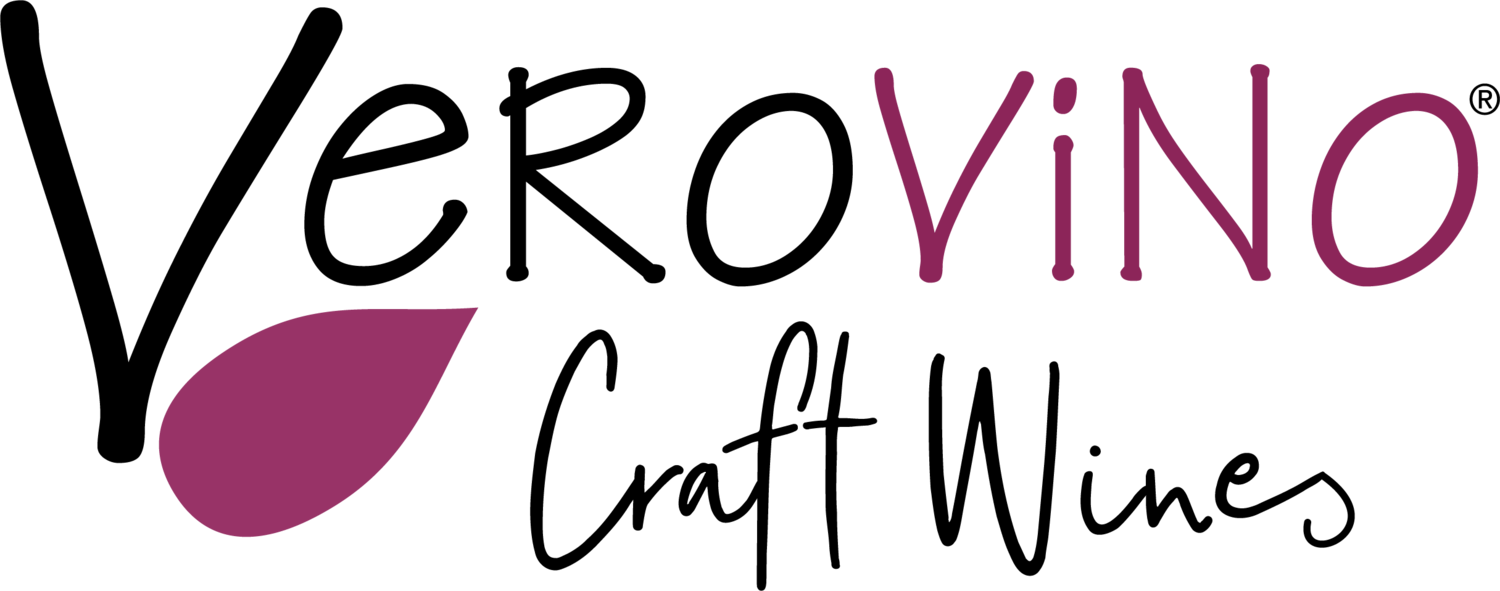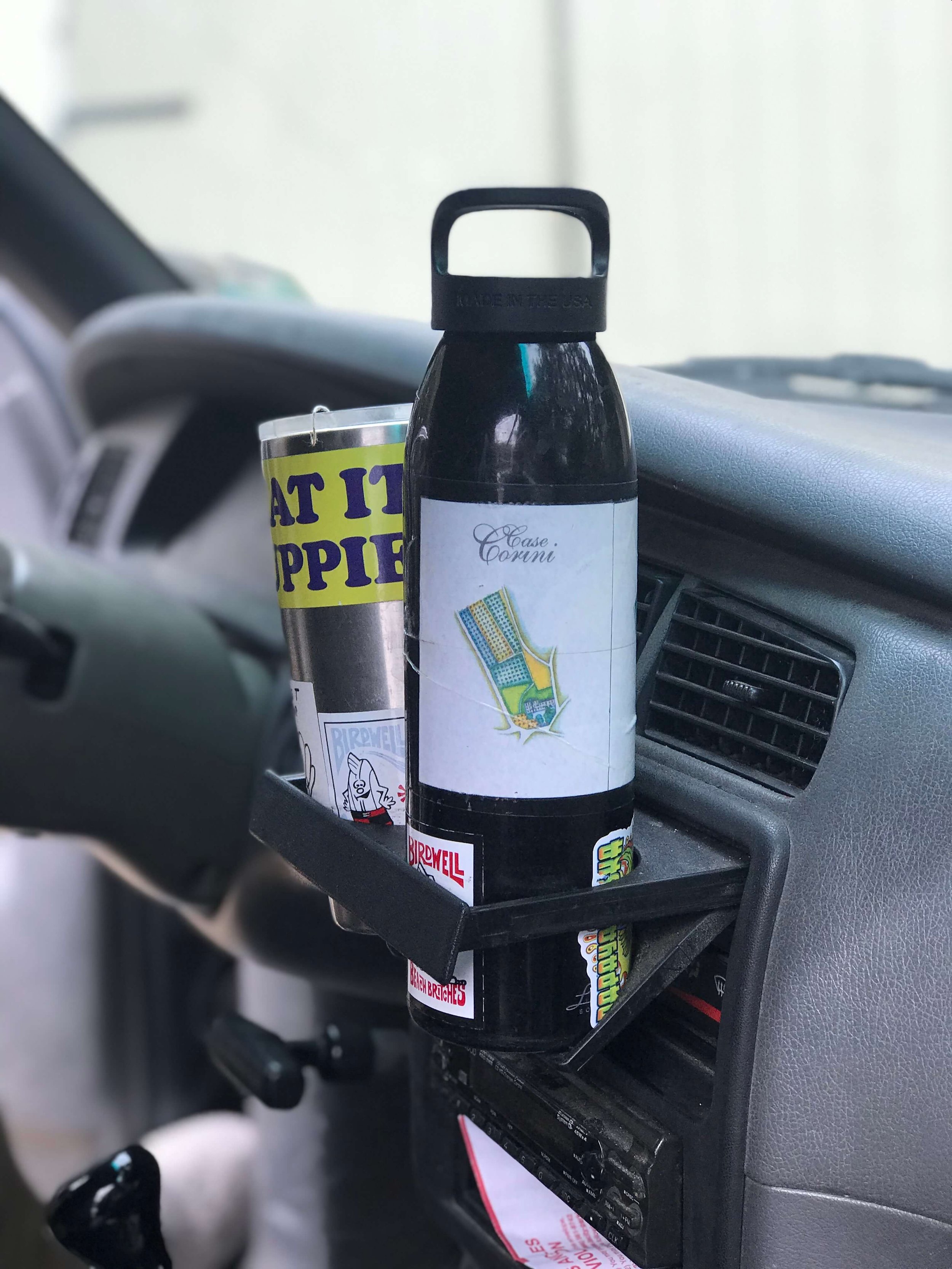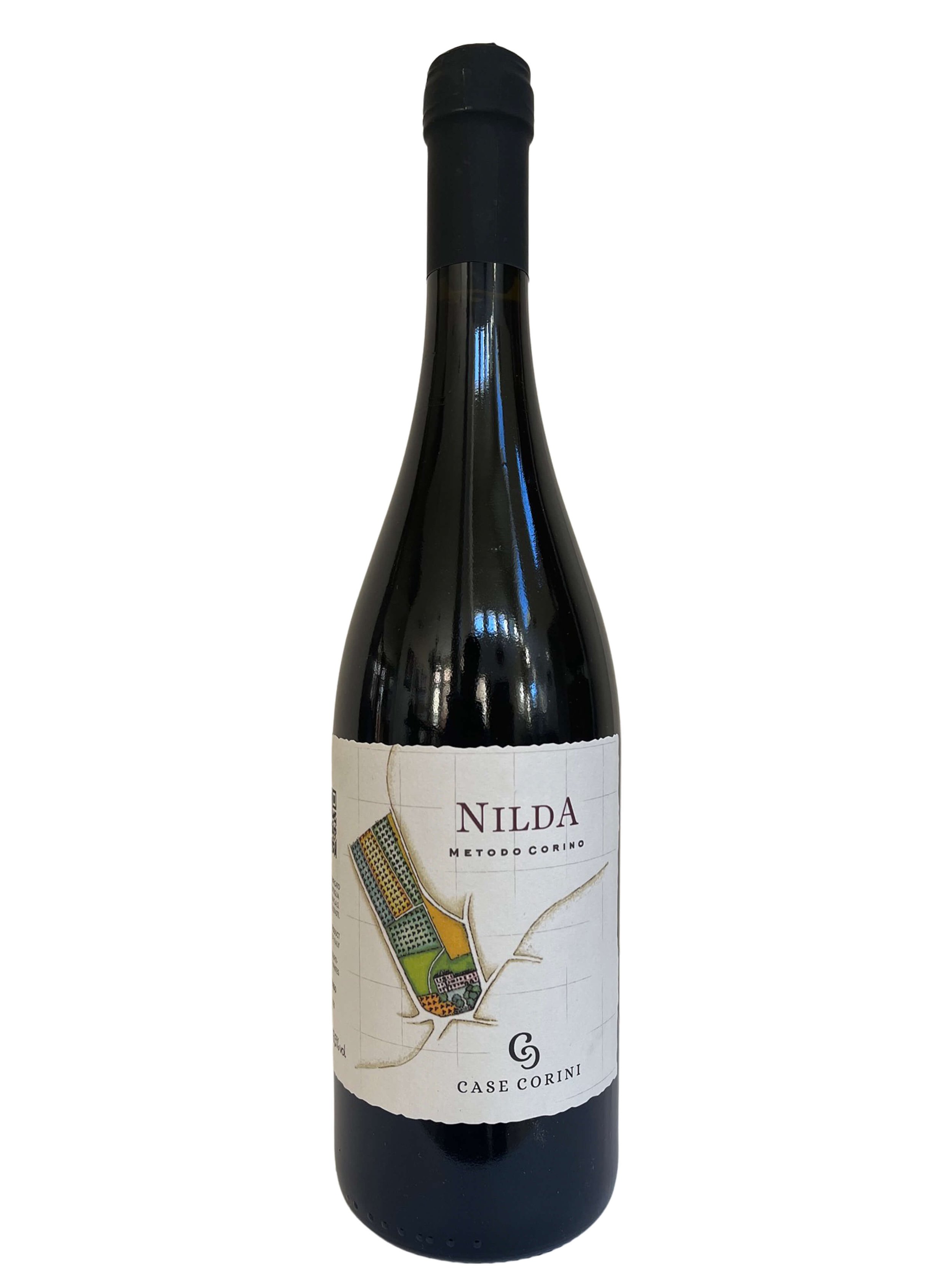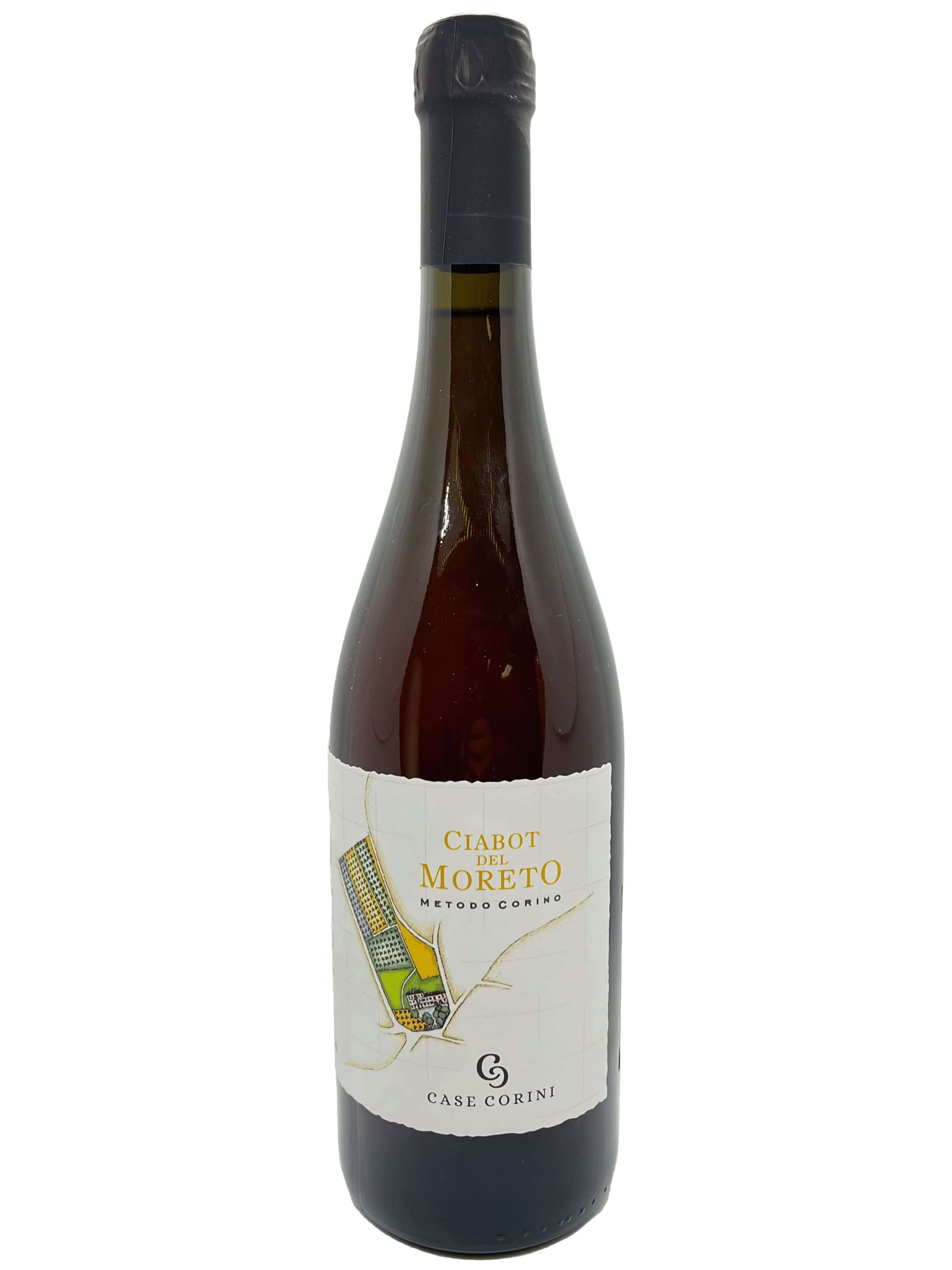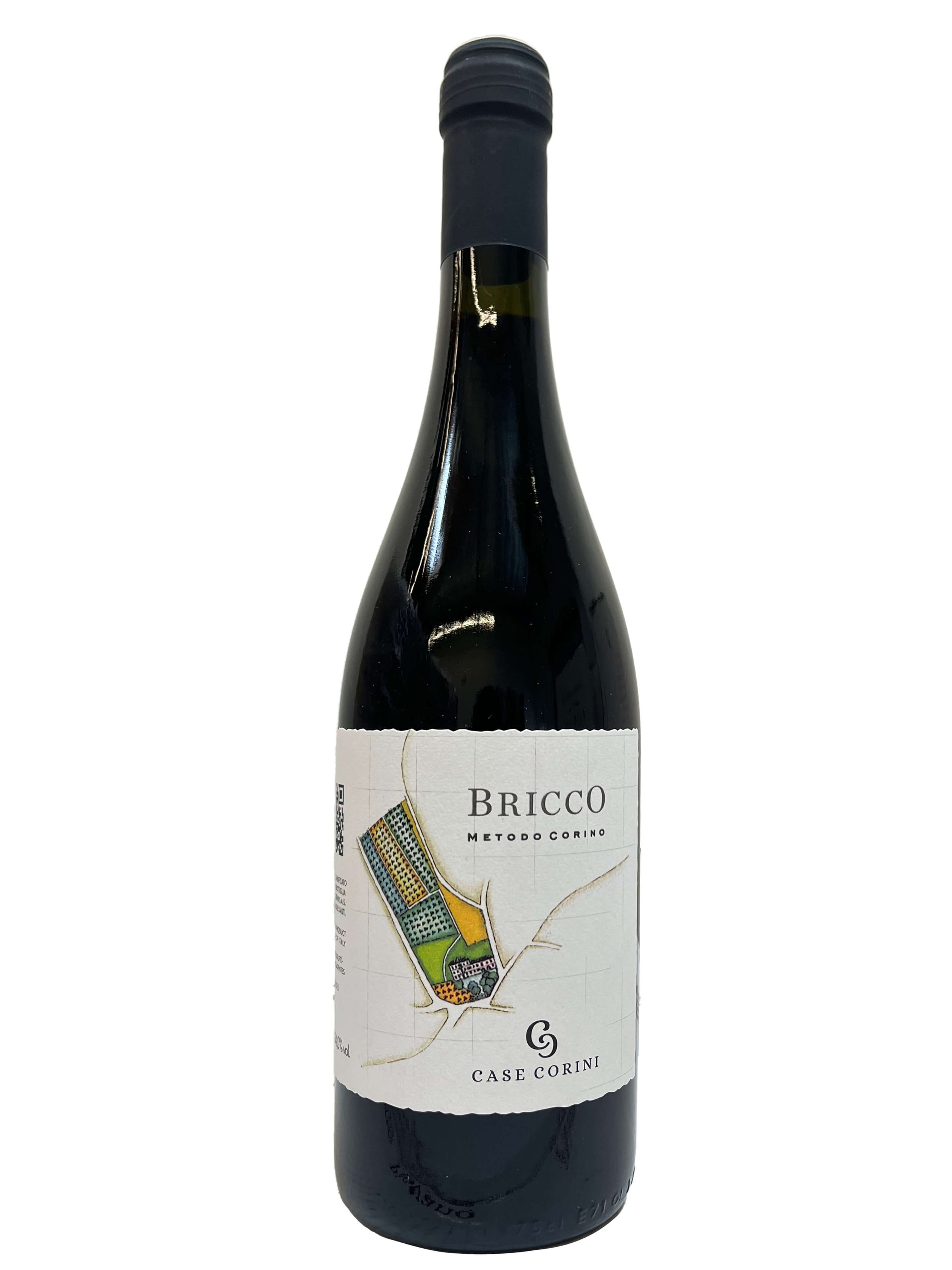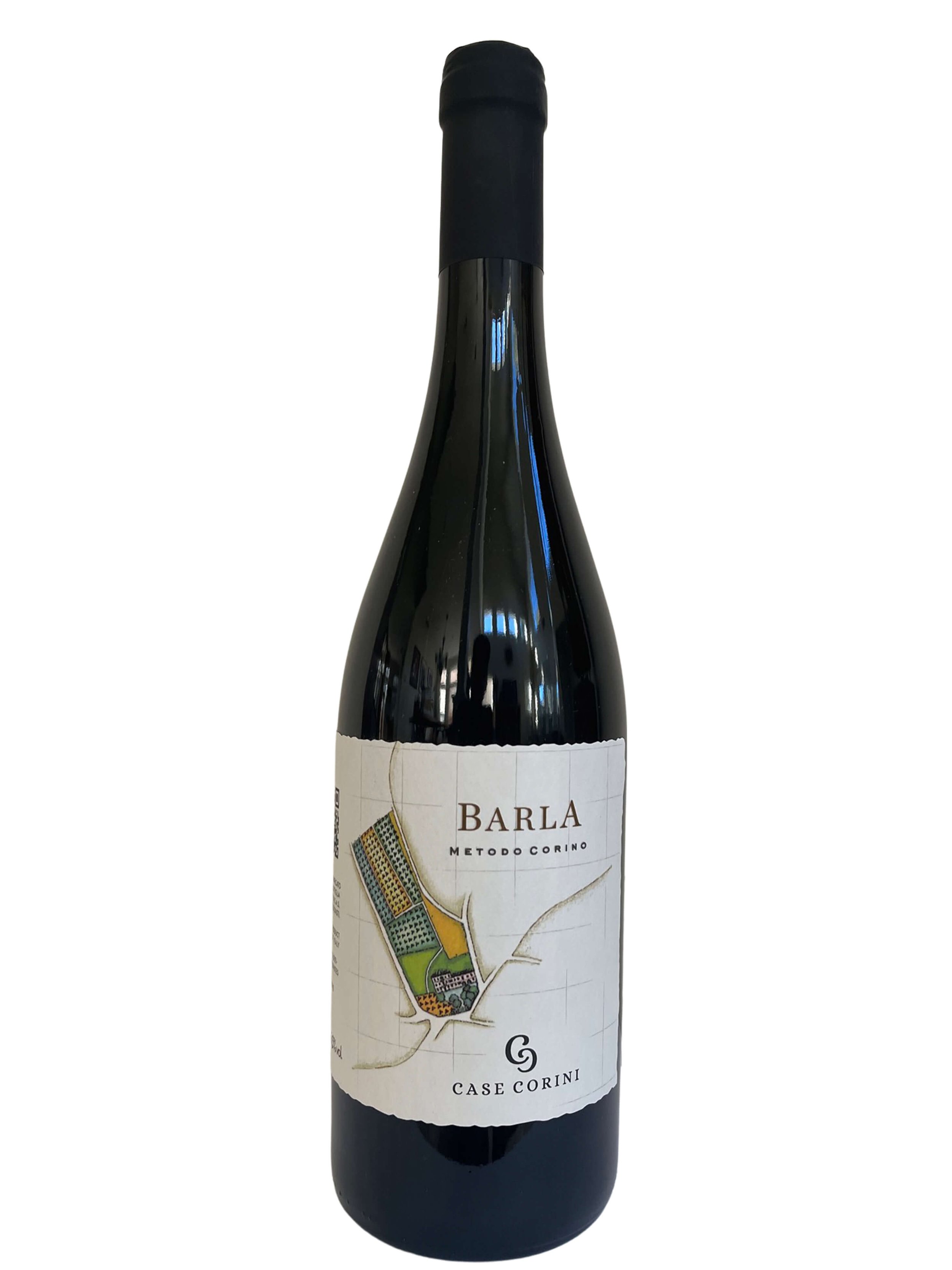Lorenzo Corino: Viticulture Researcher, Vigneron, Winemaker & Friend
Watch this video to learn why this man was so special, with highlights of our interactions with Lorenzo Corino.
For those that follow us know that the viticultural researcher and natural wine legend, Lorenzo Corino was someone who was near and dear to us. We were fortunate to have gotten know him 5 years ago when our company was just getting off the ground.
Our founder, Sheila Donohue, had recently left her corporate career in banking and technology, and had just come off a year of sabbatical where she decided to use her sommelier knowledge and connections to start a wine and food import company, since most of the wine producers she knew at that time, who were small, were not yet in the US market.
However she was not that knowledgeable at the time about vineyard farming. Upon meeting Antonella Manuli at her farm and winery in Maremma, Tuscany, along with Lorenzo Corino, they both opened her eyes to a whole new approach to winemaking which focuses primarily on the soil.
Having recently writing about what is biodynamic wine, where we took some input from a conversation we had back in 2020 with him and Antonella, we realized how many special times we had with Lorenzo before his passing in November 2021. For how much we learned and were inspired from him, there is still more to be shared and told.
We present to you the vigneron, winemaker, viticulture researcher and friend: Lorenzo Corino.
Personal Reflections from our Founder
Writing can be difficult, as you need everything to come together to write a good piece, like clarity of mind, concentration, inspiration. I woke up this morning to write this article hoping to have my morning free, as that is my most creative and productive time for writing. Yet, I had 2 back-to-back early meetings, then, sure enough, I got “sucked into email“. Then I ran out of milk so I went to the supermarket, then started to make lunch, etc... You know the drill.
The butterfly that appeared while Vero founder, Sheila Donohue, was attempting to write this article.
I finally sat down to write, got antsy again, and went to my bedroom. Sure enough, here is this butterfly above my bed, right above the part of the bed where I sleep. It was beautiful and unusual, really caught me by surprise.
Then I went back to try writing, and the lightbulb went off. Lorenzo Corino loved butterflies! It was his symbol: he used it as his Facebook profile picture, and used an image with butterflies in his letter to Alice Feiring’s New York Times piece about natural wine in 2019.
Lorenzo left an indelible impression on me, especially having gotten to know him right when I was starting my business. We connected on values, which is one of the basis for starting Vero: supporting wine (and olive oil) producers who are not in it for the money, but instead driven by a higher purpose which is rooted in respect for nature and their surroundings.
Lorenzo Corino has a calming effect on me. I say that in present tense because both while he was living and now that he is gone, when I think of him, positive energy fills me up.
I know I am not alone in still being inspired by this man who had forged connections with him that, like me, were, and are, almost ethereal. I call it the “Lorenzo Corino effect”, as I had written in this article the day after his passing in November 2021.
Like when I went to Santa Barbara for a wine tasting with someone who had visited Lorenzo Corino at his home and family winery, Case Corini, in Costigliole d’Asti. Upon arriving, I see inside his truck a water bottle in the truck’s cupholder that had a Case Corini label on it. No doubt, Lorenzo left an impression on him. Likewise, I just discovered a Facebook page dedicated to remembering Lorenzo Corino which people keep posting to, almost 2 years after his passing.
Aside from Lorenzo Corino the friend, about which I could keep writing on about, let’s get to know his contributions to the wine world.
A consequence of the Lorenzo Corino effect.
The Viticulture Researcher
When Lorenzo Corino first explained to Sheila about Case Corini, the Corino’s family 6th generation winery between Asti and Alba in Piedmont, Italy, he proudly explained each of the previous generations, in which each one had a main job which was separate from the family’s estate winery. Lorenzo was unique though, as he chose to become a viticulture researcher, very closely linked to his “side job” of tending to his family’s vineyards and making biodynamic wine.
According to his own description of his professional life, he started as a researcher in food agriculture and then focused on viticulture, obtaining with lead roles in with several viticulture research institutes in Italy.
As he wrote “My expertise is in farming production that is more in harmony with the rural world …through organic methods. I fundamentally maintain that we must rethink the way viticulture and enology are performed… and I support the need for greater respect for environmental and ethical values. Among these, there definitely needs to be a commitment to the better use of renewable energy resources. My opinion is tied to the fundamental value of soil capital and the surrounding environment, and its optimal use to increase the health properties of its fruits.”
I am told that he produced A LOT of research, some of which was not even published, showing how thorough, and passionate, he was about his job. In his book The Essence of Wine and Natural Viticulture he admits to “having worked willfully and a little too obstinately, refusing shortcuts and compromises.”
But thanks to his commitment and thoroughness, we’ve learned from him with pragmatic and wise nuggets of advice like:
“Use 50% of your effort as a winegrower to preserve the soil;”
“To know if the soil is healthy you should eat it;”
“The best way to know if a grape is ready to harvest is to eat it.”
Then when specifically asked about climate change, here were some of his responses:
“Defend soil from sun during drought conditions” which “we do not touch” because “we want to keep carbon in soil” and “prevent loss of water by keeping moisture in soil;”
“Our best goal is to keep organic matter. This is the best way to do sustainable farming for the future.”
In the course of his professional life, he came to know many esteemed players in the Italian wine world, such as winemaker Angelo Gaja, who wrote a dedication in Lorenzo Corino’s book mentioning how inspirational and influential Lorenzo Corino had been to his viticulture practices, saying “I give you credit for forcing me, more than anyone or anything else, to think about the way we undertake viticulture”.
The “Natural Wine” Advocate
He took seriously his commitment to sustainability in viticulture in all senses, leading to his collaboration with Antonella Manuli, founder of farm and winery La Maliosa.
In fact, not long after they started to collaborate, both of them were “all over” this tweet by Robert Parker on January 2, 2014 where Robert Parker was calling his predictions for the year, that included calling natural wines and authentic wines a “scam”, predicting that they will be “exposed as a fraud." This tweet caused such an uproar amongst winegrowers and throughout the wines world in Italy, that the Italian newspaper Corriere della Sera published this article “Dear Parker, let me explain natural wine” where they had Lorenzo Corino, a “pioneer in sustainable viticulture in Italy,” write the rebuttal.
Lorenzo Corino showing his family’s vineyards in Costigliole d’Asti.
Not surprisingly, Lorenzo heartily disagreed with Robert Parker, explaining how conventional farming and winemaking, from use of chemicals to “mechanization”, has sucked the vitality out of the land, not to mention the ill effects it has had on workers’ health, leading to a need to produce better wine using natural ways, like focusing on soil quality. Then he goes on to emphasize that the use of chemicals and additives in winegrowing and winemaking, a practice which legislation allows, has made natural wine a necessary response to the manipulation done with conventional wines.
Then, in December 2019 Alice Feiring’s wrote New York Times editorial “Is Natural Wine Dead” which explains how natural has become a craze and that “big wine companies” are getting on the natural wine bandwagon bringing obscurity, even corruption, to this popular wine category. Lorenzo’s “antenna” went up as soon as this article came out, and wrote this response “Good Evening Alice Feiring:”
In his usual pragmatic style, he disagreed with using the term “natural wine.” It is a modern term that has got the industry by storm. Instead, it is a concept that has been around for thousands of years. In fact, he had a similar response when being interviewed by a wine writer in August 2020 about biodynamics saying “biodynamics is from yesterday,” explaining how it is something done by the Etruscans in winegrowing thousands of years ago.
In this vein, he goes on further, reminding Alice how “man’s thirst for money “ has in the past and will continue to “abuse principles and good traditions.”
He then ends the letter saying there are “enormous ranks of exemplary and silent (natural wine) producers that undertake an extraordinary human effort: we must recognize them and give them all encouragement and support possible.”
Lorenzo Corino’s grandfather, Centin’s, watchmaking material.
Lorenzo would often reiterate the messages in his letter to Alice Feiring during his interactions with people. In fact, the first time our founder met Lorenzo Corino, he talked about how the modern wine business has taken vineyard management from its natural habitat, from allowing the vine plant to gain its own authority, and, instead, forcing the plant to conform to artificial and manipulative viticulture practices, often reliant on chemicals, which have become destructive.
Because of the ambiguity over what is natural wine, and being that there was “playbook” for vignerons and winemaker to follow, Antonella Manuli and Lorenzo Corino together created the Metodo Corino, a patented set of procedures and practices for viticulture farming and natural winemaking, which is founded on regenerative farming principles, among others. La Maliosa’s natural wines are farmed and made following the Metodo Corino, also is followed by Lorenzo Corino’s family winery, Case Corini.
What is natural wine? What is regenerative agriculture? Learn more about it by reading Lorenzo Corino’s book and about the Metodo Corino.
The Vigneron and Winemaker
As Lorenzo explained to Sam Benrubi at Raw Wine in New York in October 2019: ‘It was 1967, I was 19, my father said now this is your job,” so 1967 was his first vintage at Case Corini. At that Raw Wine event, there was a wine tasting seminar that Lorenzo hosted which was a vertical tasting of his wines, going back to 1967. In fact, in Lorenzo’s response to Robert Parker in the Corriere della Sera article from 2014, he wrote “It seems to me that Parker was born, like me, in 1947; I’d like to share with him a bottle of natural Barbera wine, produced in that year by my father.” While we didn’t have 1947 Barla at that Raw Wine winetasting, we did have Lorenzo’s first vintage, 1967 Barla. It was incredible. So, there, Robert Parker!
Our founder’s last moments with Lorenzo Corino were happy.
As Lorenzo states in his book “I tried to express gratitude towards my ancestors through working in the family business” which is Case Corini, the 6th generation winery of the Corino family. Lorenzo’s commitment to his family’s heritage and shared livelihood as vignerons came out right away on our founder, Sheila Donohue’s first visit to him at his family’s estate in September 2018, where he recounted all 6 generations, showing artifacts from their his ancestors other crafts, like watchmaking, and where Sheila first met Lorenzo’s children, Guido and Luisa, the 6th generation.
You could say that Case Corini is a Barbera winery, since of the 7 hectares in total of vineyards, barbera grapes make up 70%. But, being that they are between Alba and Asti, nebbiolo grapes are also an important part of their production, along with other native varieties, some of which Lorenzo experimented with, following both his vigneron and viticulture researcher passions. It goes without saying that Case Corini makes organic wine, vegan wine and is biodynamic, following regenerative agriculture practices. In summary, they go back to basics in viticulture by farming sustainably, while at the same time working hard to keep the quality of soil high, have many old vines, up to 100 years old, going to great efforts to maintain their old vineyards.
Visiting his son, Guido, a couple months after Lorenzo’s passing in January last year was very poignant. Thankfully he, along with his sister Luisa, have learned a lot from their father.
Our Founder’s Closing Thoughts about Lorenzo
“Lorenzo Corino’s values meshed with mine, just as they continue to do with the 6th generation of Case Corini, Guido and Luisa. And these values are likewise integrated into Vero, the company I founded, along with our other producers, like La Maliosa.”
“Just as I was finishing this article, the butterfly was still keeping me company. But, by nighttime it was gone… Thank you Lorenzo, for all of your contributions. You left our world a better place, and your words, teachings and inspirations continue to live on.”
Lorenzo Corino’s Family’s Wines
We recently imported in all new vintages of Case Corini’s wines and are super excited to also have their Bricco wine added to our portfolio. Bricco is from a Barbera field blend single vineyard, literally in the backyard of the Corino family homestead. They have an interesting selection of Barbera wines, Nebbiolo, Barbera & Nebbiolo blends, plus muscat natives orange wines.
Mark your calendars to be at Raw Wine in New York November 12th and 13th to meet Guido Corino and taste Corino family wines!
Meanwhile, don’t wait to try their nature wines! We sell to distributors across the US as well as to wine stores, and restaurants. Contact us for more information.
And we also sell online to consumers and Corporates. Check out our shop here to order wine online or reach out to us for a personalized curation of artisanal, alternative wine and specialty food gifts as well as to organize sommelier guided wine tastings, and extra virgin olive oil tastings too!
